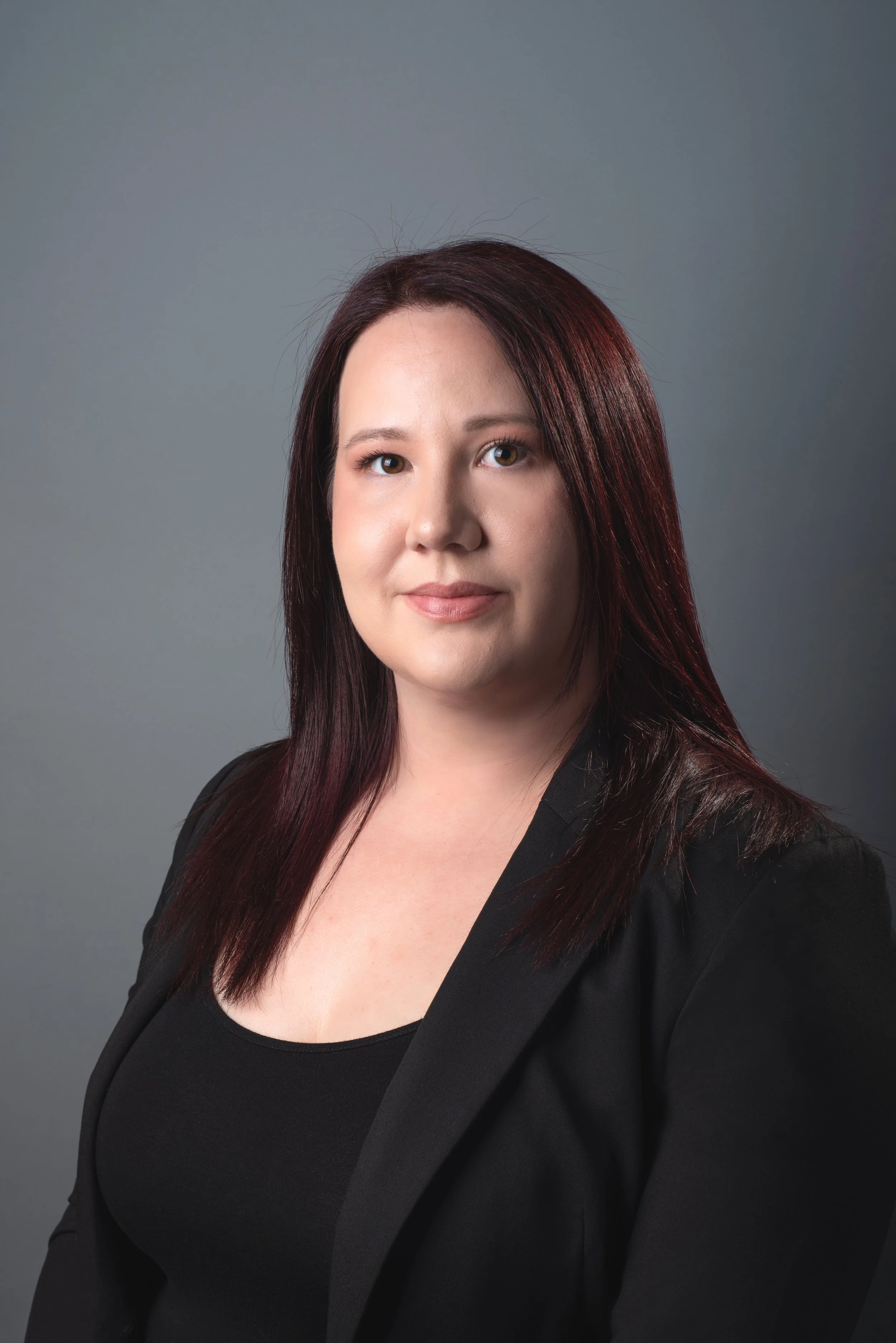Larson Lawyers Professional Corporation
Serving Northwestern Ontario Since 1996
Local Ties Run Deep
Our founder Rene Larson has helped people with their legal issues for almost five decades. Keeping the old traditions, we have continued to offer outstanding service, including house calls and hospital visits.

Our Services
-
Estate Planning & Administration
-
Create A Trust
Read What People Are Saying About Their Experience







